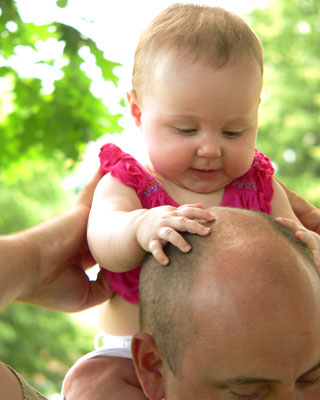All Nonfiction
- Bullying
- Books
- Academic
- Author Interviews
- Celebrity interviews
- College Articles
- College Essays
- Educator of the Year
- Heroes
- Interviews
- Memoir
- Personal Experience
- Sports
- Travel & Culture
All Opinions
- Bullying
- Current Events / Politics
- Discrimination
- Drugs / Alcohol / Smoking
- Entertainment / Celebrities
- Environment
- Love / Relationships
- Movies / Music / TV
- Pop Culture / Trends
- School / College
- Social Issues / Civics
- Spirituality / Religion
- Sports / Hobbies
All Hot Topics
- Bullying
- Community Service
- Environment
- Health
- Letters to the Editor
- Pride & Prejudice
- What Matters
- Back
Summer Guide
- Program Links
- Program Reviews
- Back
College Guide
- College Links
- College Reviews
- College Essays
- College Articles
- Back
The perfect Father
The Perfect Father.
Everyone has an image of the perfect father to be raised by. Some might want a father to be understanding or to be a role model and motivate them. I believe that the picture-perfect image of the ideal father consists of the following: has high expectations, wants the best for their child, and is proud of them. The book The Kite Runner by: Khaled Hosseini shows good fatherhood through the book between the characters of Amir and Baba. The not so perfect father would be someone who isn’t supportive at all, and doesn’t set any expectations for their child.
A father should have hope in their child. From reading the book The Kite Runner, the main character Amir, gets married. “You look khoshteep,” Baba said. Handsome. “Thank you Baba. Are you all right? Do you feel up to this?” “Up to this? It’s the happiest day of my life Amir,” he said, smiling tiredly. (Page 166). Baba was proud of Amir because he was getting married and felt proud of him and had hope in him. Every father should have hope and be proud of their child with everything that they do that will reflect excellent fortune later in their life. In Obamas Father’s Day speech, Obama states that father’s should teach their children hope. “I’m not talking about an idle hope that’s little more than blind optimism or willful ignorance of the problems we face. I’m talking about hope as that spirit inside us that insists, despite all evidence to the contrary, that something better is waiting for us if we’re willing to work for it and fight for it.” (Obamas Father’s Day speech, 2008). Overall, a child could hand over that hope that they were taught, and then pass it onto their children. Every little bit of hope from year one will show when they’re older.
The perfect father should always want the best for their kid. In the The Kite Runner, when Amir asks if Baba could call General Sahib if Amir could marry his daughter, Soraya. “General Sahib, salaam alaykun… yes, much much better… Balay… You’re so kind. General Sahib, I’m calling to ask if I may pay you and Khanum Taheri a visit tomorrow morning, it’s an honorable matter… Yes… Eleven o’clock is just fine. Until then. Khoda hafez. He hung up. We looked at each other. I burst into giggles. Baba joined in.” (Page 162). This shows that Baba did the favor of asking General Sahib for the honor because he wants the best for his son, Amir. My father also wants the best for me. My father motivates me to have good grades because he wants me to go away to college. He wants me to succeed and expects me to. If a father wants the best for you, it shows that they care about you. When a child feels special, it brings a special connection to the father and the child.
A father should always have high expectations for their child. High expectations set goals and success. My dad is very strict. He’s also very successful from owning his own company for almost 25 years. He expects me to behave my best. I should always have manners and be mature at all times. I learned manners when I was at a young age from my dad. My dad motivates me to try my best because he expects a lot out of me. My dad has a lot of expectations and because of them; I succeed. Baba also has high standards for Amir. Before Amir won a kite competition, they weren’t as close. “We won! We won!” was all I could say. (Page 66). Without having high expectations, a child won’t become motivated or set goals in their life.
. Overall in a nutshell, Baba did succeed as a father because Amir turned out to be a caring man. While my father did succeed at becoming a father and I turned out perfectly fine. I believe that the ideal father should consist of the following: have high expectations, want the best for their child, and be proud of them no matter what. If a father has those characteristics, they would be my definition of the perfect father.

Similar Articles
JOIN THE DISCUSSION
This article has 0 comments.
